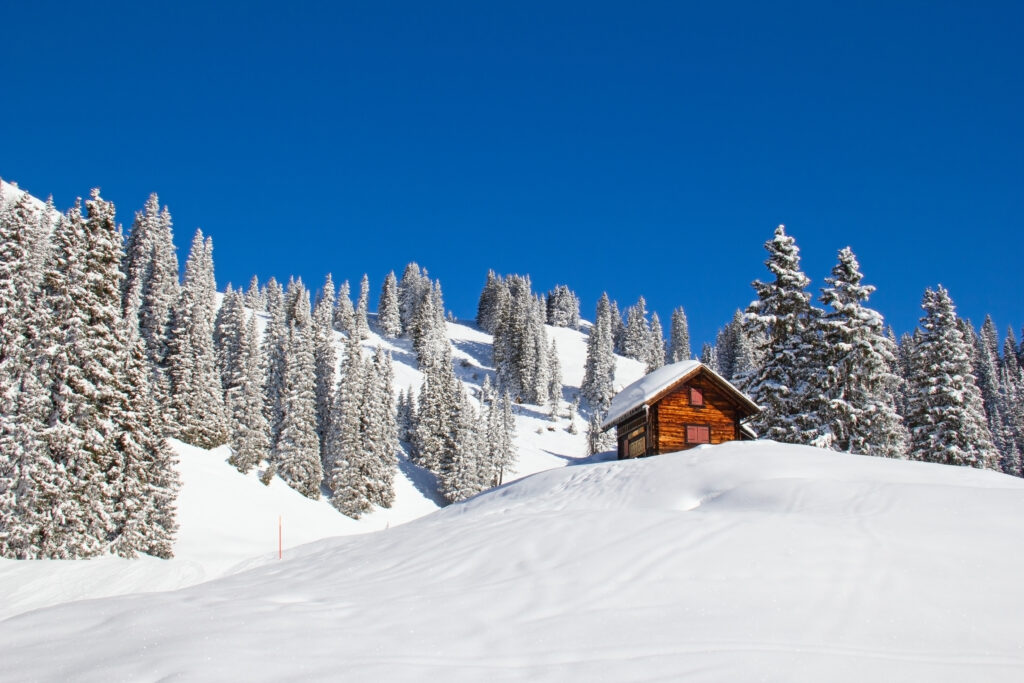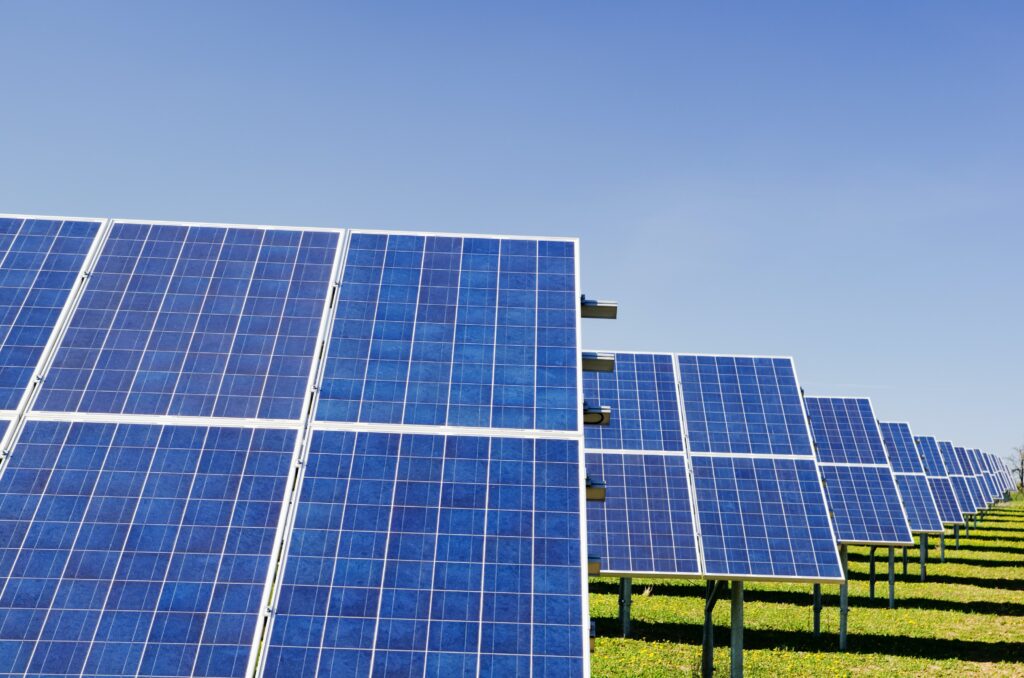Fr., Sep. 9th 2022
Nearly every day this week new information was released detailing how the looming European energy crisis will affect the lives of Swiss residents this winter. Here is the UltraSwiss roundup of energy news you should care about.

Heating your home above 19C this winter may land you in prison, Swiss government officials say.
How staying warm this winter may land you in prison
The Swiss government is considering up to three years’ jail time for anyone who heats their home above 19 degrees C (66.2 F). If the proposed regulations are passed, they would be the most extreme deterrents Switzerland has implemented to conserve energy. Markus Sporndli, the Federal Department of Finance’s spokesperson, told Blick that a more realistic approach may be fining business and residents who violate the regulations about 30 CHF per day. A maximum fine may be 3,000 CHF and companies who deliberately ignore the regulations may face other punishments. What is most apparent is that the new rules will leave Swiss courts busy doling out fines and dealing with disputes. Swiss cantons have until September 22 to submit their concerns. Mehr lesen.
Why Swiss ski slopes are on the chopping block
Another possible victim of the energy crisis may be Swiss ski resorts. Swiss ski slopes may be forced to cut electricity by 20 percent, as lifts and snow-making equipment use about the same amount of electricity as 30,000 – 40,000 Swiss households do in an entire year. Asking resorts to close would be a mistake as each Swiss franc spent on lift passes translates into six francs in tourism for the entire country, according to Laurent Vaucher, the head lift operator for Téléverbier in Valais. Vaucher says the ski resort has already offered to cut non-essential consumption such as elevators, escalators, heaters, and some lights. The issue is ongoing. Read more.
Will mobile gas turbines be the answer?
The Swiss government this month purchased eight mobile gas turbines from GE Gas Power to supplement the country’s hydropower reserves this winter, federal officials announced. The turbines will be installed in the northern Swiss canton of Aargau and are powered by gas, but can also run on oil or hydrogen. They will be ready for operation imminently and be in use until the end of 2026, incurring about CHF 470 million over the entire period. Reserve power plants like these will also be subject to the European emissions trading schemes. Mehr lesen.

Replacing nuclear energy with solar will still not be enough for Switzerland to become self-sufficient by 2050, scientists say.
Or could solar power be the long-term solution?
Schreiben in der Lokalzeitung NZZ this week, Manuela Paganini investigates how Switzerland may be setting itself up for future disaster when it comes to incompatible electricity needs and energy sources. As it stands now, Switzerland will stop using nuclear power by 2050, electric cars will rule the roads, and homes will be heated via heat pumps. Therefore, Swiss residents will be consuming far more electricity than they are now, while producing much less – an estimated shortage of about 34.4 terawatt hours of electricity per year. To remedy this the federal government is proposing solar power to increase ten-fold over the next 28 years, under its Energy Perspectives 2050+ plan. In a perfect world, the plan is simple: one-quarter of all Swiss roofs must be covered in solar panels by 2050. But mounting problems currently stand in the way of this path, such as Switzerland’s ability to obtain all the necessary materials from China, its capacity to train enough people to do the work, and if it can negotiate an electricity agreement with the EU. Even if all goes to plan, Switzerland may still need to rely on electricity imports – and that will likely be hard to come by in 2050, Paganini writes. Mehr lesen.
Why Europe is sacrificing its forests in the name of ‘green energy’
Across Europe a new, troubling trend is emerging: governments are burning timber at an alarming rate in the name of green energy, the New York Times reveals this week. The story traces how supposedly protected forests are being cut down, turned into sawdust pellets and then shipped to countries such as France and Germany to be burned in the name of “sustainable energy.” Burning wood pellets were supposed to be a quick fix, but subsidies gave rise to a booming market – one that far outranks similar markets in the U.S. and Asia. Scientists have long marked European forests as key assets for reducing carbon from the air; but, now the logging and burning of trees makes them the source of high carbon emissions – higher than fossil fuels, scientists say. “People buy wood pellets thinking they’re the sustainable choice, but in reality, they’re driving the destruction of Europe’s last wild forests,” said David Gehl of the Environmental Investigation Agency. Mehr lesen.
Dieser Artikel darf frei weitergegeben und nachgedruckt werden, vorausgesetzt, es wird auf den Originalartikel verwiesen.
